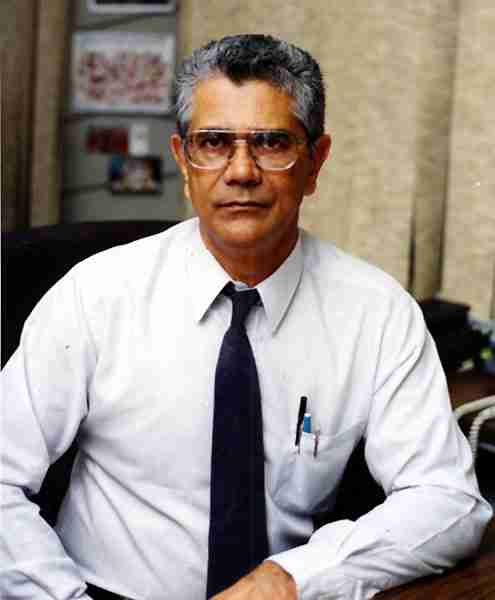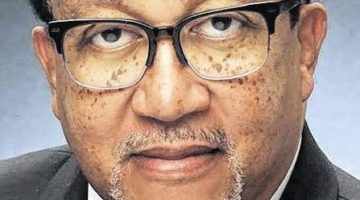There is no indication of a wink-wink when National Football League Commissioner Roger Goodell announced a rule from team owners — 31 super-rich white men and one Pakistani American — on players kneeling during the national anthem. But he must have done it.
The policy will apply to every player, coach, trainer, ball boy, referee and executive. Failure to comply will bring an unspecified fine and unspecified punishment by the team in question. They will have the option of remaining in the locker room during the playing or singing of the anthem.
“We want people to be respectful of the national anthem. We want people to stand -that’s all personnel — and to make sure they treat this moment in a respectful fashion,” Goodell said in his May 23 announcement. “That’s something that we think we owe.”
“It was unfortunate that on-field protests created a false perception among many that thousands of NFL players were unpatriotic,” Goodell added. “That is not and was never the case.”
Really? So some among the thousands were unpatriotic? And what is American patriotism if not public protest over perceived injustice? Don’t the national anthem and the flag exist to provide shelter for such activity?
Colin Kaepernick, who launched the protest nearly two years ago, quickly explained that his target was not America and its symbols of statehood. It was “because I am seeing things happen to people that don’t have a voice, people that don’t have a platform to talk and have their voices heard and effect change. I’m in a position where I can do that and I’m going to do that for the people that can’t.”
He also rejected claims that he was disrespecting the military: “I have great respect for the men and women that have fought for this country. I have family, I have friends that have gone and fought for this country. And they fight for freedom, they fight for the people, they fight for liberty and justice for everyone. That is not happening.”
Kaepernick was, of course, referring to police killing of black men, mostly without being held accountable. It is important to note that 800,000 law enforcement officers serve the nation and it is the action of only a very small minority that have used deadly force in questionable circumstances that is troubling.
Kaepernick first staged his protest, initially by sitting during the national anthem and then kneeling, in August 2016, a year when police killed 250 blacks. The year before, African Americans were killed at twice the rate of whites, Hispanics and Native Americans, roughly 25 percent of them unarmed, compared with 17 percent of whites, according to AlterNet.
All of this was known before Kaepernick staged his protest and certainly when the team owners were considering their response. They took a bold step when, as Les Carpenter recalled in The Guardian on May 24, they canceled the 1993 Super Bowl slated for Arizona because that state refused to acknowledge the Martin Luther King Jr. national holiday.
But a quarter-century later, given another opportunity to again be a force for good, the team owners took the side of President Donald Trump, who has called their players who kneel “sons of bitches” who should move to another country. Patriotism is more than playing the national anthem and unfurling a supersize flag on the field.
Kaepernick was summoning the team owners to a higher purpose. They should have been proud that such courageous activism in the face of strong opposition came from within their ranks, embrace it and set about ways to give it meaning.
They could have decided to use their immense resources and clout to advance the Kaepernick cause and help reduce the number of deaths at the hands of the police. They could have decided to provide funding for better training of police officers and for other initiatives and so advance an issue that is dear to at least some of the 70 percent of their players who are black, rather than demonizing them.
“Goodell and the owners can say their new policy is about patriotism but it reads as a ban on black players telling the world about their experiences,” The Guardian’s Carpenter wrote.
In the two years since Kaepernick sat and then knelt during the anthem, police have killed at least 378 more African Americans. In deciding to force protesting players off the field and away from the cameras, the NFL team owners have to ponder on the role they are playing in the perpetuation of such a tragedy.












No Comment